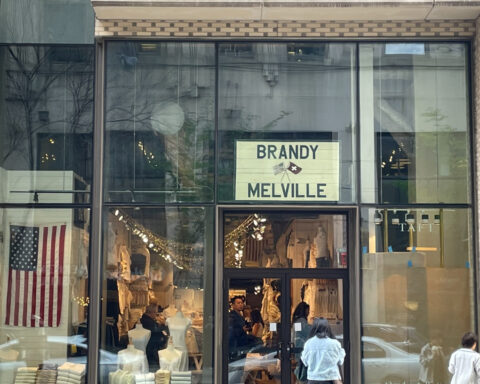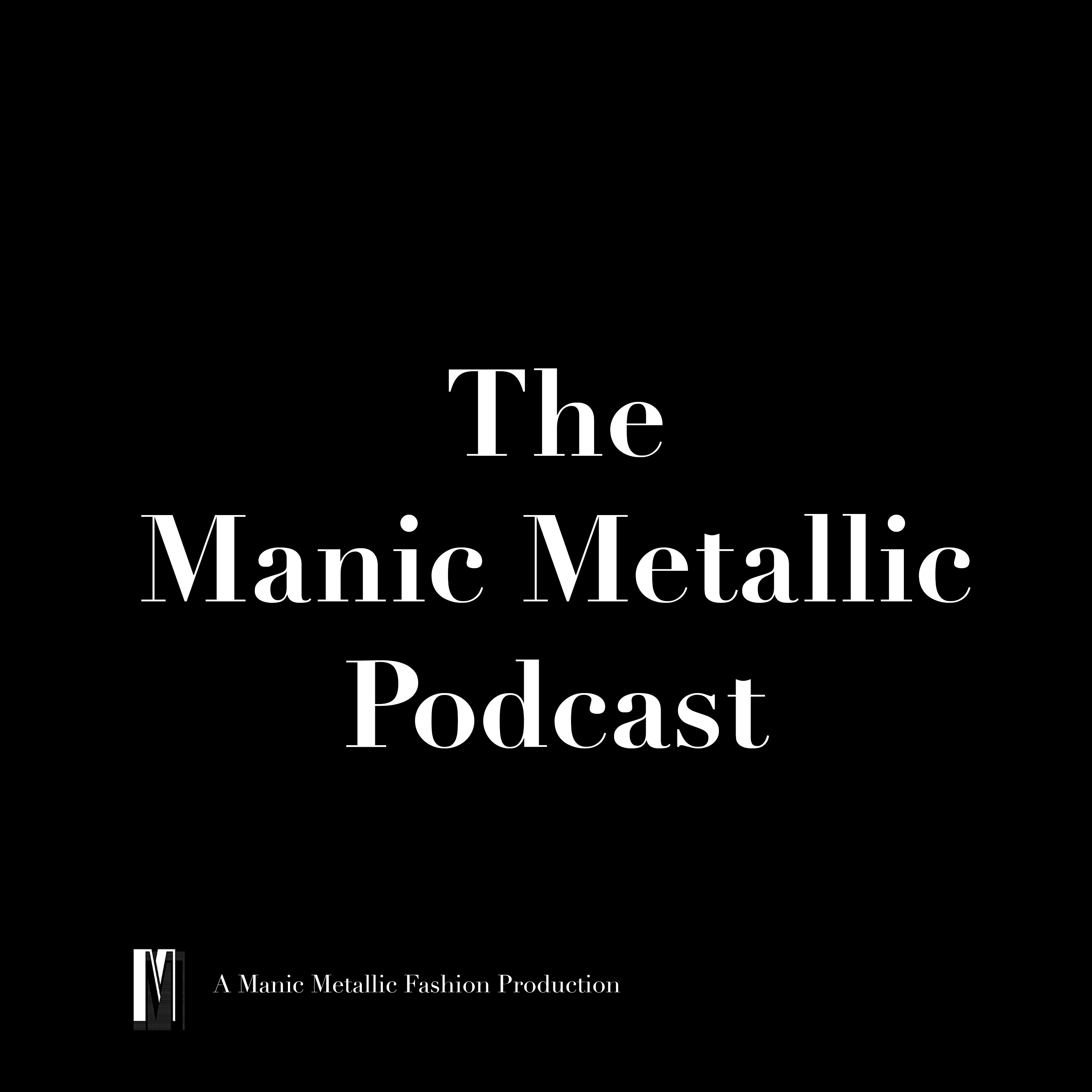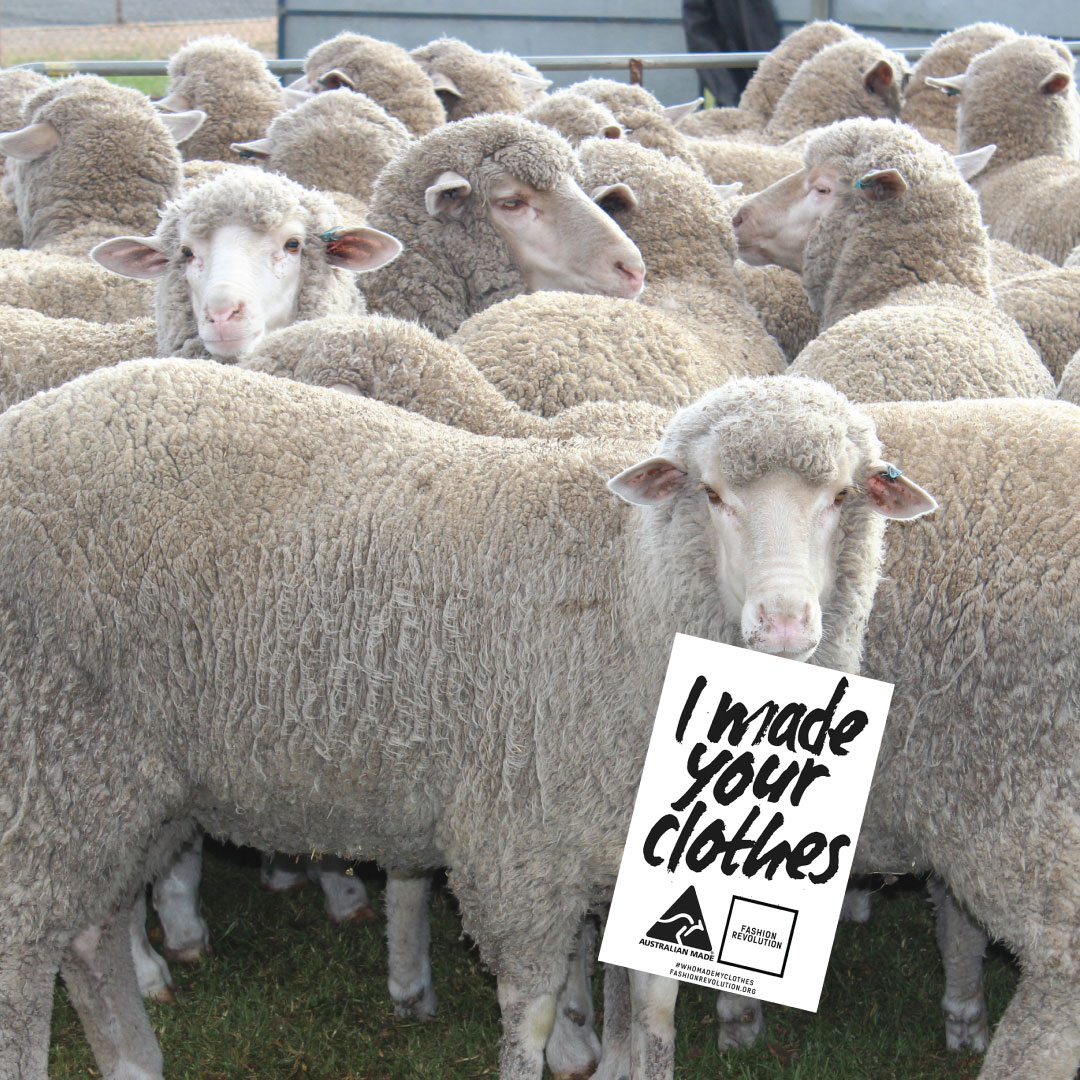
OEKO-TEX
Year Of Inception:
1992
In Their Own Words:
“Since 1992, we have supported consumers and companies along the supply chain in making responsible decisions. Our portfolio of independent certificates and product labels represents products which are safe, environmentally friendly and which have been manufactured in a socially responsible way.”

Woolmark
Year Of Inception:
1964
In Their Own Words:
“We are the world’s most recognised textile fibre brand – the iconic Woolmark logo has been applied to more than 5 billion products since 1964, guaranteeing quality and representing pioneering excellence and innovation.”

Positive Luxury
Year Of Inception:
2011
In Their Own Words:
“Positive Luxury is the company behind the Butterfly Mark, a unique mark awarded to luxury lifestyle brands in recognition of their commitment to creating a positive impact on our world.
The Mark recognises a brand’s actions across these key areas: governance, social and environmental frameworks, community investment and innovation. We evaluate brands through a comprehensive assessment process that is reviewed by our Sustainability Council, industry experts and institutional partners.”

SA8000
Year Of Inception:
1997
In Their Own Words:
“SA8000 is the leading social certification standard for factories and organisations across the globe. Established by Social Accountability International (SAI) in 1997 as a multi-stakeholder initiative, the Standard has evolved into an overall framework that helps certified organisations demonstrate their dedication to the fair treatment of workers. The Standard measures social performance in eight areas important to social accountability in workplaces, complemented by the management system element that emphasizes worker involvement and drives continuous improvement in all areas of the Standard. “

Nest
Year Of Inception:
2006
In Their Own Words:
“Nest is a nonprofit 501(c)(3) building a new handworker economy to increase global workforce inclusivity, improve women’s wellbeing beyond factories, and preserve important cultural traditions around the world.”




